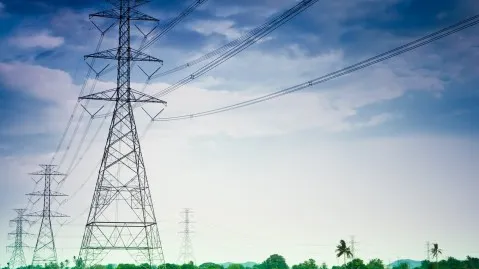
South Korea unveils new hydrogen policies
It aims to be a global hydrogen powerhouse.
The South Korean government has announced new policies and strategies for the hydrogen industry to establish a clean hydrogen supply chain and nurture a “world-leading hydrogen industry.”
In a statement, the Ministry of Trade, Industry and Energy said the government has three major growth strategies that aim to “scale-up,” “build-up,” and “level-up” the industry.
For the “scale-up” strategy, the government aims to establish a global supply chain and create large-scale hydrogen demand for power generation and transportation to expand the green hydrogen ecosystem.
“It aims to achieve hydrogen enriched combustion combining hydrogen and ammonia and to enlarge the supply of high-mobility like hydrogen buses and trucks. Large-scale production bases will be built overseas,” the ministry said.
READ MORE: South Korea, Saudi Arabi eye continued cooperation for energy supply chain
South Korea also aims to create a legal framework for the distribution infrastructure to speed up the use of clean hydrogen as part of the “build-up strategy.”
This will include building the largest liquid hydrogen plant globally and fuelling station, ammonia and liquid hydrogen receiving terminal, and installing a hydrogen pipeline. The government also plans to open a hydrogen bid market, and legislate hydrogen business laws and introduce a clean hydrogen certification system.
To “level up” the sector, the government aims their technological innovation to be the leading hydrogen powerhouse which will include securing core technologies in all areas in the full hydrogen cycle from production to distribution.
The ministry added that seven major strategic areas which include water electrolysis and hydrogen turbines will be developed and support will be provided to companies with the technical prowess. “Business-hampering” regulations will also be removed and domestic production will be commercialised for export, it added.
The government also identified three courses of action for the three strategies which include the ministry taking the lead to foster the clean hydrogen ecosystem. The action plan aims to produce 20,000 hydrogen-powered commercial vehicles by 2030, build 70 liquid hydrogen fuelling stations, and have it account for 7.1% of the country’s energy mix by 2036.
MOTIE will also lead in developing Korea into a global hydrogen powerhouse by securing advanced technologies, 10 top-ranked items and developing 600 hydrogen-focused companies by 2030.
Meanwhile, the Ministry of Science and ICT will address the “super gap” in hydrogen technologies such as “fully localizing the water electrolysis technology, gaining the liquefaction and ammonia process technology and leading the hydrogen mobility market.”
The ministry said Korea’s hydrogen ecosystem is mainly driven by grey hydrogen and the range of policies was initially limited to the areas of hydrogen cars and power generation fuel cells.
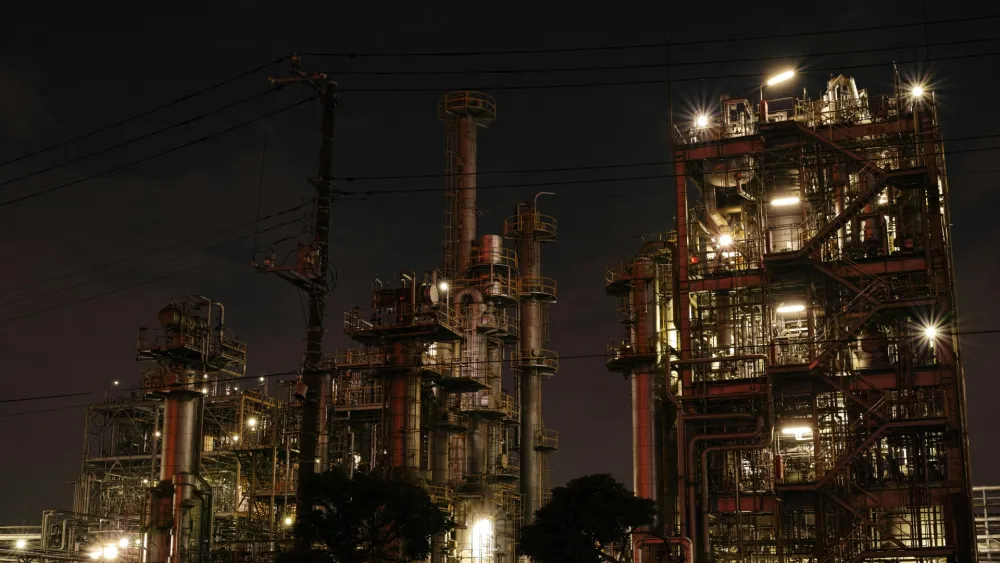
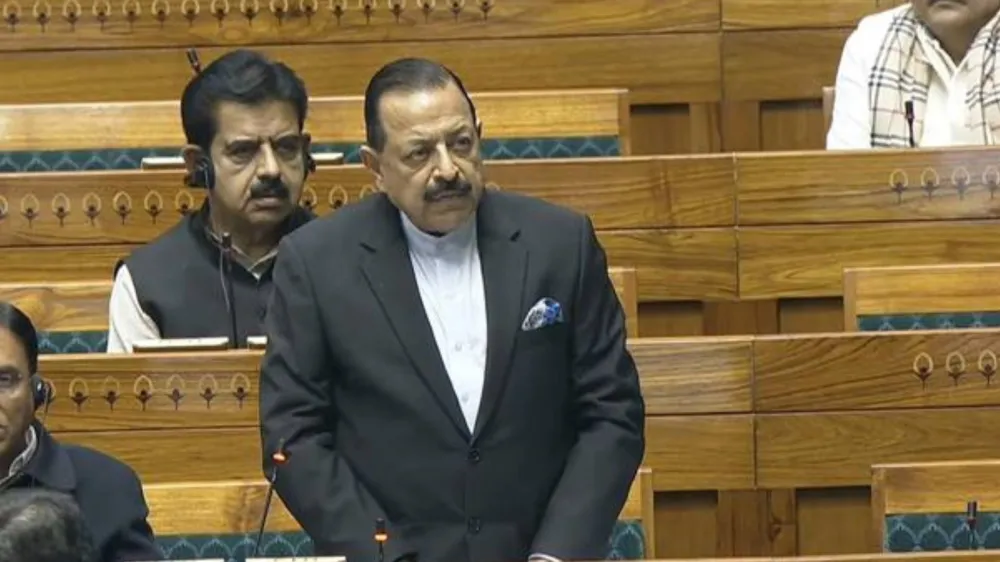
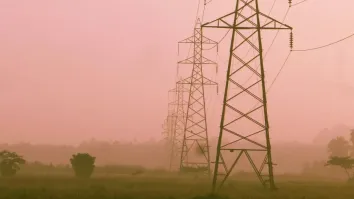
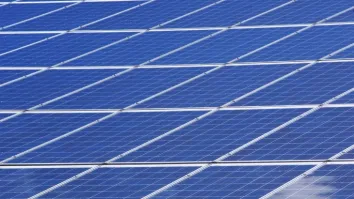
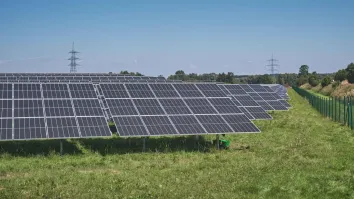
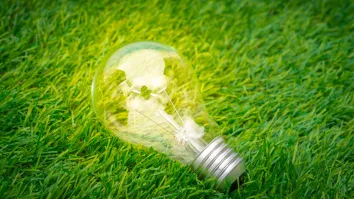













 Advertise
Advertise






